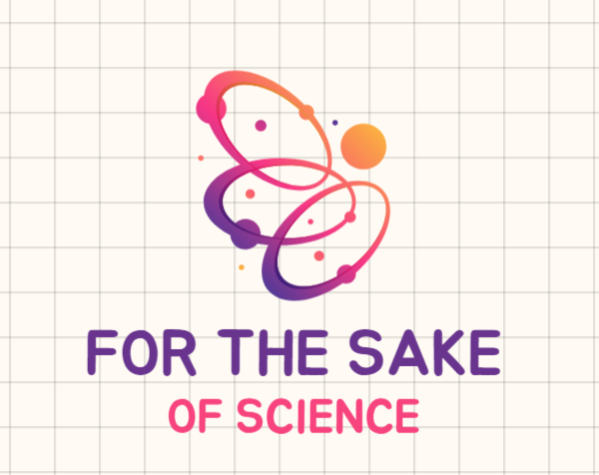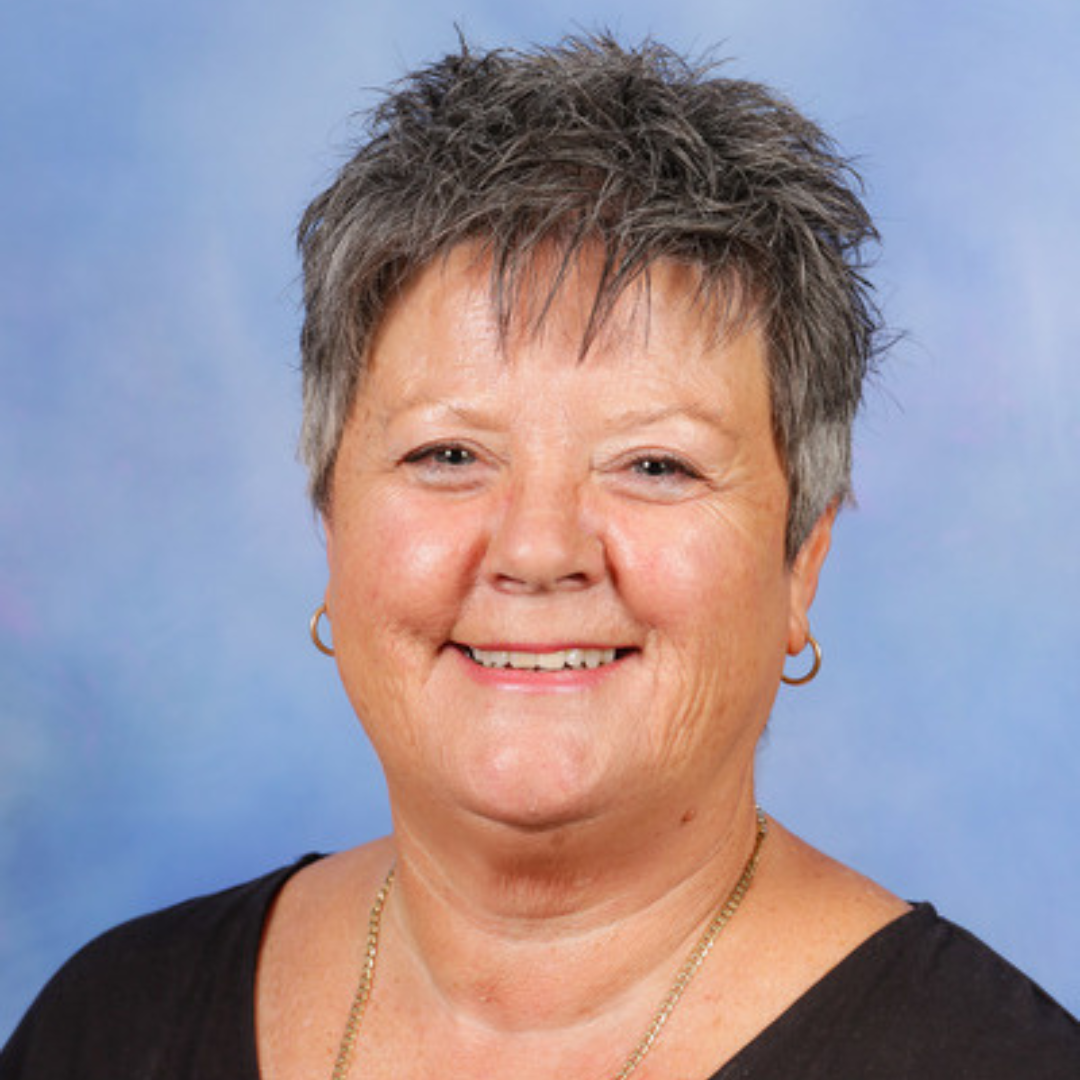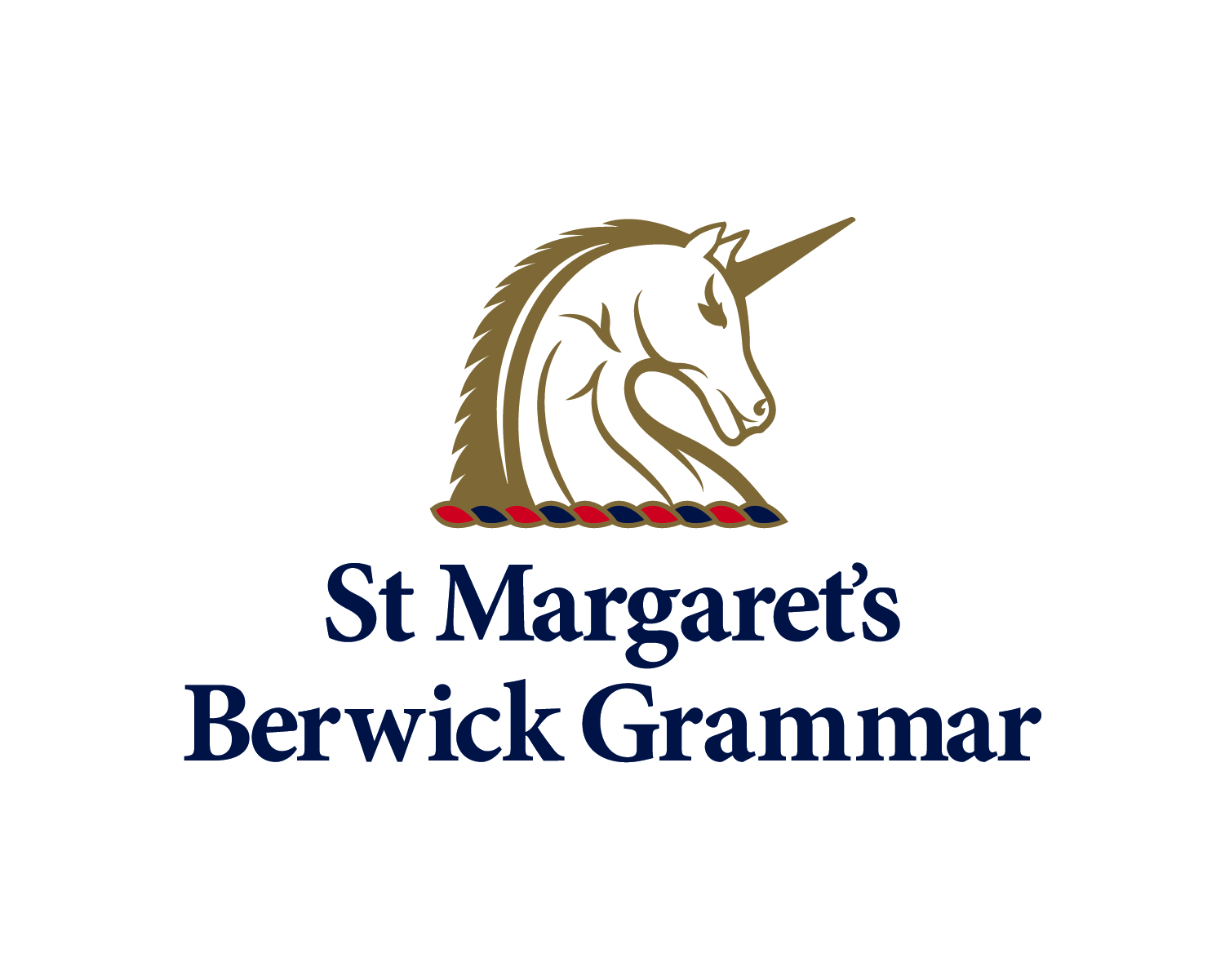
Introducing the Skodel Check-In Tool!
One of the biggest issues with remote learning for wellbeing staff is the sense that we lose that nuanced, daily interaction with our students. It becomes a little harder to judge how they are travelling without being able to see their facial expressions, to interact with them and read their body language.
Because this is such a big part of our daily practice, St Margaret’s and Berwick Grammar School has implemented the Skodel check-in tool as a way of gathering data on student wellbeing.
The check-in tool occurs several times per week and is simple for staff and students to use. The tool allows staff to pose a question to their cohort of students – anything from a simple ‘How are you feeling today?’ to something about an upcoming event – ‘How do you feel about the exams approaching?’.
Student responses are based firstly off a simple emoji that they send through. Sometimes this visual response helps students better clarify and identify with the emotions they are feeling. Then there are opportunities to clarify on this with information that explains their response more – a chance for them to express what is on their mind and seek help if they need it.
This allows staff real-time access to student moods – and a prompt opportunity to check in on them.
Currently Skodel is being used three times per week to check in on students across both Senior Boys and Girls campuses. Here is what staff and students have to say about it:
Skodel Check-in is a fast, fun and simple way for students to share how they are feeling with their mentors. Students check-in three times a week. In a safe and comfortable space, they can share with their mentors anything that is on their minds. It provides mentors with an overall snapshot of how their students are going and of any issues that they may have. The introduction of Skodel has been highly successful and helped to further open the lines of communication between student and mentor.
Sherril Guerney, Head of Gipson House
Do you like expressing yourself through fun emojis? Do you like to do fun quizzes online? Do you like knowing that your mentors have got your back and empowering you to feel safe and cared for everyday? Well then Skodel is the right platform for you! Skodel is a website that allows all students to check in with their teachers and mentors easily and efficiently. Skodel is super easy and fun to use and I really love how you can discreetly tell your mentors how you are feeling in these crazy times. If there is anything troubling you or upsetting you, Skodel enables you to talk about it without feeling awkward. Skodel is a great way to start the day and show your mentor how you are going with online school in just a few simple clicks. ?
Tijana-Mai, Year 7
…I reckon it can be a good way to remind ourselves of what we are actually doing for ourselves during isolation. Many people (myself included) in the chaos that surrounds everyone these days, simply forget that they need to occasionally think about themselves a bit…
Yiorgos, Year 10
Personally I believe Skodel is a great tool for us students. I know I can often get caught up in the motions of day to day life and often forget to consider my wellbeing and feelings. Skodel makes us actually stop and take the time to reflect on how we are feeling and what is making us feel that way. I know I have found this beneficial in recognizing for myself when I need to take a step back and take a break to recover, as well as giving me the opportunity to reflect on what I am grateful for or what is making me happy or sad. Furthermore, it can always be awkward or nerve racking for people to voice concerns or ask for help from teachers. However, Skodel provides an easy and confidential way to ask for help, which personally I know I would be more likely to use then talking to someone in person. Additionally our generation is getting more and more used to expressing ourselves through text messages and Skodel gives people the comfort of familiarity when asking for help from a teacher, making them more likely to ask when in need.
Amy, Year 12
Photo by Tim Mossholder from Pexels






